On January 14, a significant ripple was felt in financial circles across Japan following remarks from Masayoshi Amamiya, the Deputy Governor of the Bank of Japan. His speech, which explored the current economic landscape and potential shifts in monetary policy, struck a chord with many observers and participants in the market. With Japan having endured an extended period of deflation, Amamiya's emphasis on the need for change sparked hopes that the country might be on the brink of moving away from its long-standing low interest rates, a situation that has characterized Japan's economy for decades.
Amamiya’s assertion that the era of persistently negative real interest rates would not last indefinitely is particularly significant. For a country grappling with deflation for over 20 years, this statement serves as a beacon of hope. Japan has been in a state where falling prices have stymied consumer spending, discouraged corporate investment, and fostered a general sense of economic stagnation. However, recent indicators suggest that the economic climate may be beginning to shift, creating a timely opportunity for a reassessment of the current interest rate structure.
A pivotal point in Amamiya's address was his optimism regarding wage growth in Japan. Reports and surveys from regional banks indicate that 2024 could see substantial advances in salaries. This potential for higher wages is critical in Japan, where consumer spending is a key driver of economic growth. Should wages rise, it would likely stimulate consumer spending, thereby boosting demand for goods and services across the economy. This prospect has invigorated market sentiment, with investors increasingly confident that Japan may finally be poised for a revival after years of economic challenges.
In his remarks, Amamiya also turned his attention to the broader international economic environment, particularly the United States. He acknowledged the resilience of the U.S. economy in the short term, an important consideration given that the U.S. significantly influences global markets. As Japan's economy is heavily reliant on international trade, developments in U.S. economic policy are likely to have direct repercussions on Japan's economic conditions and monetary decisions. The anticipation surrounding upcoming announcements regarding U.S. economic policies, particularly those expected on January 20, are closely watched by Japanese stakeholders.
The Deputy Governor announced that the Bank of Japan's policy board would engage in serious discussions regarding interest rates in light of these developments, with their quarterly economic and price forecasts guiding their conversations. The decisions made during the upcoming meetings, particularly the January 24 conclusion, have garnered considerable attention. Analysts speculate that an adjustment to the current short-term interest rate of 0.25% might be forthcoming, a move that would signal a significant recalibration of policy.
Reflecting on past policy decisions, Bank of Japan Governor Kazuo Ueda has previously indicated that uncertainties surrounding domestic wage growth and the effects of U.S. policy have contributed to delays in raising interest rates. However, Amamiya’s recent comments underscore the critical interplay between fluctuations in wage growth and U.S. economic policies. Encouragingly, recent regional economic analyses indicate a budding trend of wage increases across various industries, suggesting that a broader economic recovery may be underway. This could set the stage for potential rate hikes.
Another factor complicating the current economic landscape is the depreciating yen. The weakening currency exacerbates challenges for both consumers and businesses, as rising import costs put additional strain on profitability and consumer spending power. With sustained wage growth coupled with rising prices, expectations are that the Bank of Japan will adjust its inflation outlook. Historically, the institution has remained steadfast in its pursuit of a 2% inflation target, taking decisive actions, including abandoning its long-held negative interest rate policy in March 2023 and adjusting the short-term interest target to 0.25% in July.
Ueda has hinted at further rate hikes should wages continue to support consumption, thereby encouraging companies to make rational price adjustments. This approach aims to ensure stable economic momentum while effectively curbing inflation rates. The trajectory of Japan's monetary policy not only holds implications for domestic economic stability but also promises to reverberate throughout global financial markets.
As stakeholders closely monitor the evolving dynamics of Japan's economic policies, the potential implications of these changes cannot be overstated. The evolution of Japan's monetary policy could signify a broader shift in the global economic landscape, prompting various entities to track the nuances of Japan’s economic health with heightened interest. The intertwining of domestic wage developments, international economic influences, and monetary policy recalibrations presents a complex yet fascinating narrative that will shape not just Japan’s future but also the broader framework of global finance.
In summary, the comments made by Masayoshi Amamiya represent a pivotal moment in Japan's financial discourse. With prospects for wage growth and potential shifts in interest rates on the horizon, the country stands at a crossroads. The decisions made by the Bank of Japan in the upcoming meetings will likely define the economic landscape for years to come, not only for Japan but for the global economy as well. Investors, economists, and policymakers alike will be watching closely, as the implications of these developments may extend far beyond Japan's borders, influencing markets, investment strategies, and economic policies worldwide.






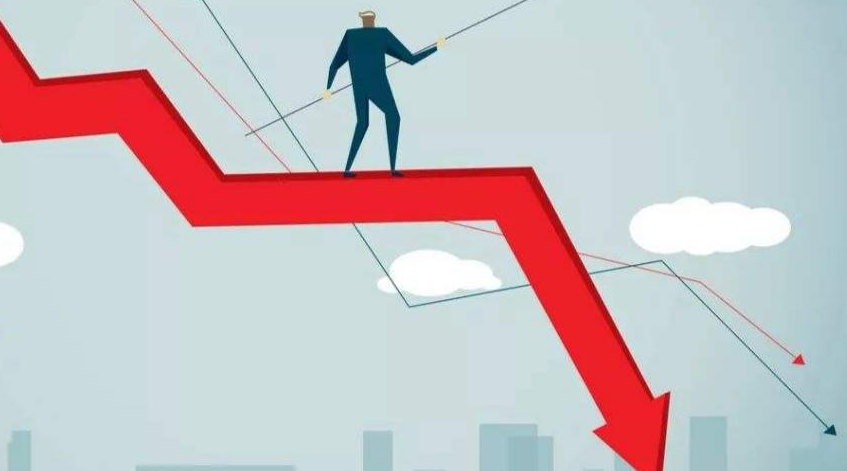
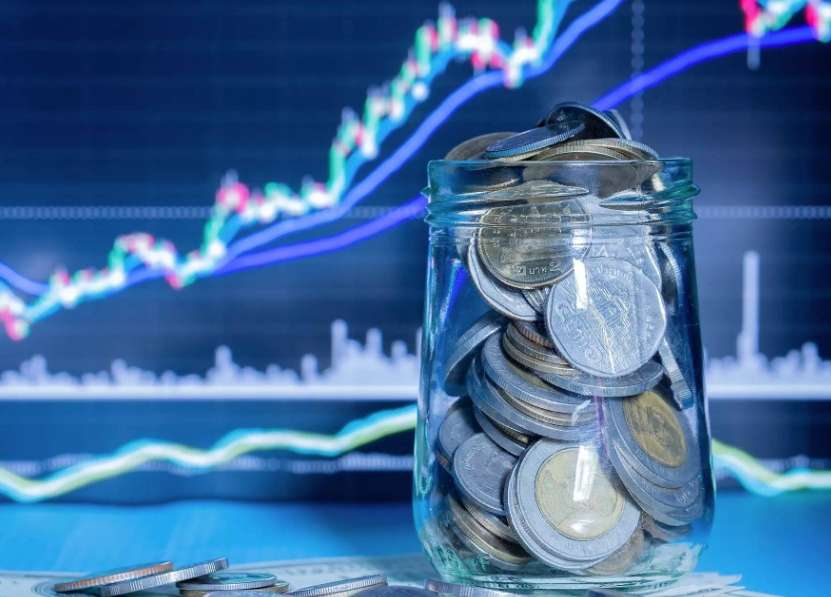


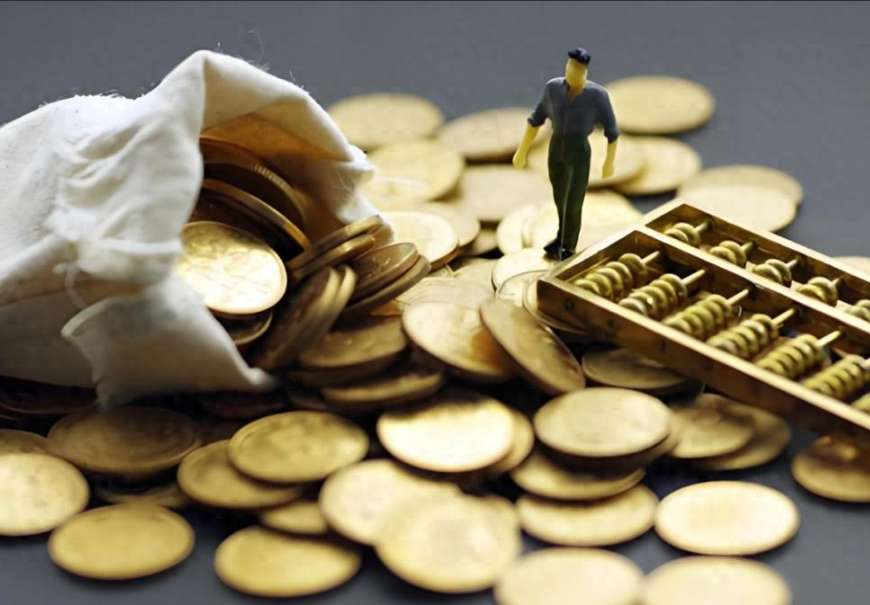



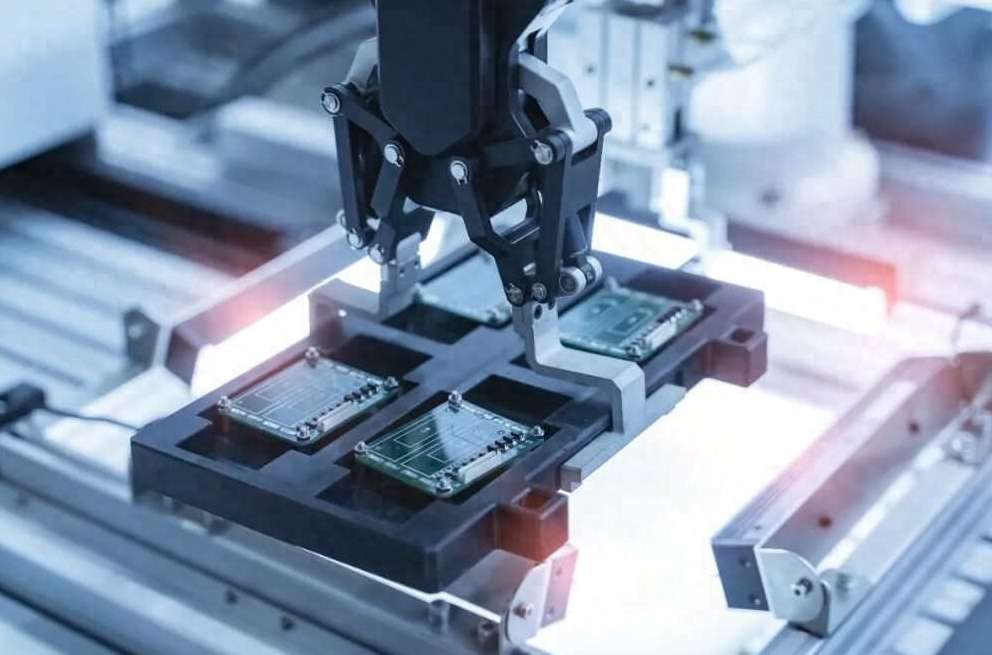







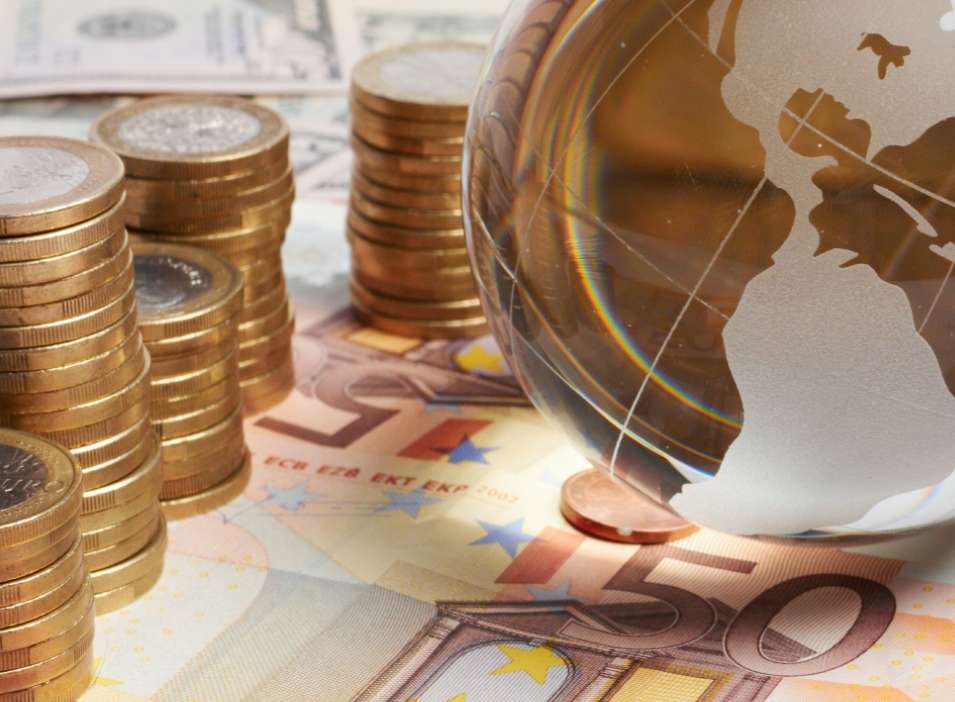







Share Your Thoughts